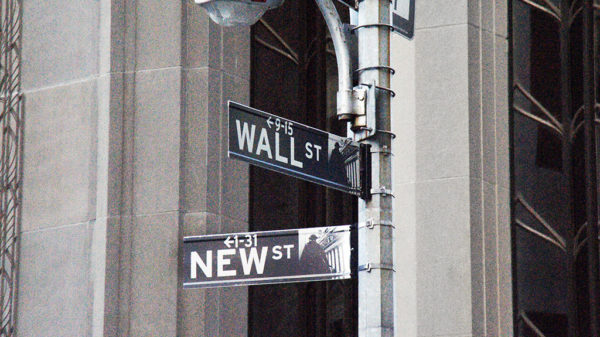French President Emmanuel Macron was preparing Monday to unveil a long-awaited cabinet reshuffle with speculation mounting that Prime Minister Elisabeth Borne would be replaced after less than two years in office.
After days of intense behind-the-scenes manoeuvering, Education Minister Gabriel Attal, 34, was emerging as the favourite to succeed Borne.
If named, he would be France’s youngest ever and first openly gay prime minister.
Commentators see the reshuffle as essential to relaunch Macron’s centrist presidency for its final three years and prevent him becoming a “lame duck” leader after a series of crises.
Since he defeated the far right to win a second term in 2022, Macron has faced protests over unpopular pension reforms, the loss of his overall majority in parliamentary elections and controversy over immigration legislation.
Borne, 62, the second woman to lead the French government, has weathered these problems but never dispelled doubts about her future.
In a sign that the reshuffle was imminent, Borne held one hour of previously unscheduled talks with Macron at the Elysee Palace on Monday afternoon. She was also not present, as would be customary, at a New Year’s reception for France’s Constitutional Council.
Other than Attal, the possible candidates to succeed Borne include 37-year-old Defence Minister Sebastien Lecornu and 43-year-old former agriculture minister Julien Denormandie.
– ‘Change necessary’ –
But a source close to the government said that Attal was now the favourite to succeed Borne.
Under the French system, the president sets general policies and the prime minister is responsible for day-to-day government management, meaning the latter often pays the price when an administration runs into turbulence.
There had been speculation the reshuffle would be announced late last week. But no news emerged over the weekend, with Macron reportedly weighing his options in seclusion at his La Lanterne residence on the grounds of the Palace of Versailles.
Francois Bayrou, leader of the centrist MoDem party, whose early endorsement of Macron was key to his initial 2017 election success, told BFM TV that a change in government makeup was “necessary”.
While Macron cannot run again in 2027 presidential elections, relaunching his government is seen as crucial to help prevent far-right figurehead Marine Le Pen becoming president.
European Parliament elections in June will also pose a major test, with Macron’s Renaissance party risking embarrassment at the hands of Le Pen’s National Rally (RN).
Despite his age, Attal is a more political figure than the technocratic Borne, and polls have shown him to be one of the most popular figures in the government.
If named, he would go toe-to-toe ahead of the European elections with another rising star of French politics, the even younger Jordan Bardella, just 28, who is now party leader of the far-right RN.
– ‘All options open’ –
Other key posts are also subject to uncertainty.
Interior Minister Gerald Darmanin, 41, a right-winger who spearheaded the immigration reform but burned his fingers when it was initially rejected by parliament, was seen as a candidate for a new job, possibly as foreign minister.
But recent reports indicate he may stay in his post.
The future of Foreign Minister Catherine Colonna has also been the subject of speculation.
Finance Minister Bruno Le Maire, the only senior minister to be in office since Macron’s election in 2017, is likely to remain in his post.
Macron likes “keeping all options open until the last moment”, a source close to the Elysee said.
If Borne goes, the new prime minister would be the fourth since 2017 under Macron, who is accused by critics of micro-managing and centralising power in the Elysee.
“I have a scoop for you. I know the name of the (new) prime minister,” left-wing politician Raphael Glucksmann joked on France 2 television.
“It’s Emmanuel Macron! And the foreign minister will also be Emmanuel Macron, as will the defence minister and the culture minister.”














